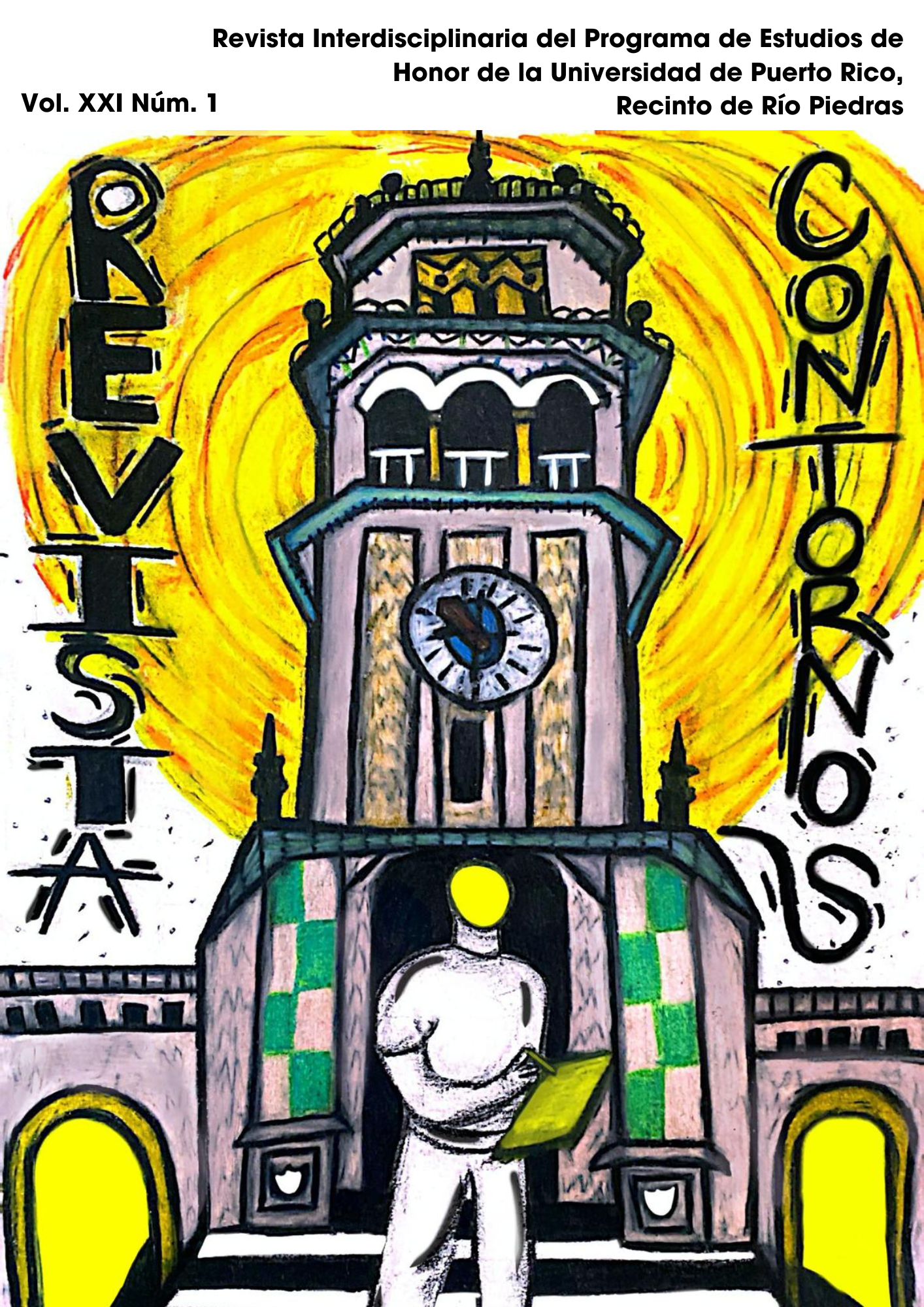Abstract
The self-portrait and the nude are two genres of art that have historically had standards that were very marked by patriarchal ideals. By the 1960s, feminist debates began to gain momentum within artistic spaces; Consequently, women artists began to challenge with greater force the heteropatriarchal notions of women, since the ways in which they had been historically represented were far from how women see themselves. Artists such as Suzi Ferrer, Elsa María Meléndez and Lilliam Nieves are recognized for their works that question and challenge the patriarchal social frameworks reproduced in the artistic world. Furthermore, beyond questioning the patriarchal system in feminist debates, the cis-hetero-normative system that works alongside patriarchy is also beginning to be questioned. Puerto Rican artist Freddie Mercado takes on this burden through his constant performance that challenges these cis-hetero-patriarchal canons. In conclusion, creating an image of one's own body is an act of affirmation towards its existence, especially when it is a body that is outside the cis-hetero-patriarchal canons, as we have seen with the artists presented. What has been clear within the genre of the self-portrait and the nude is that the representation of the body has a great impact on the formation of identities and social acceptances due to the visibility they offer. For this reason, the self-representation of these artists is an act of resistance and of cementing their identities in museum spaces that historically reject them due to elitism and discriminatory ideologies.

